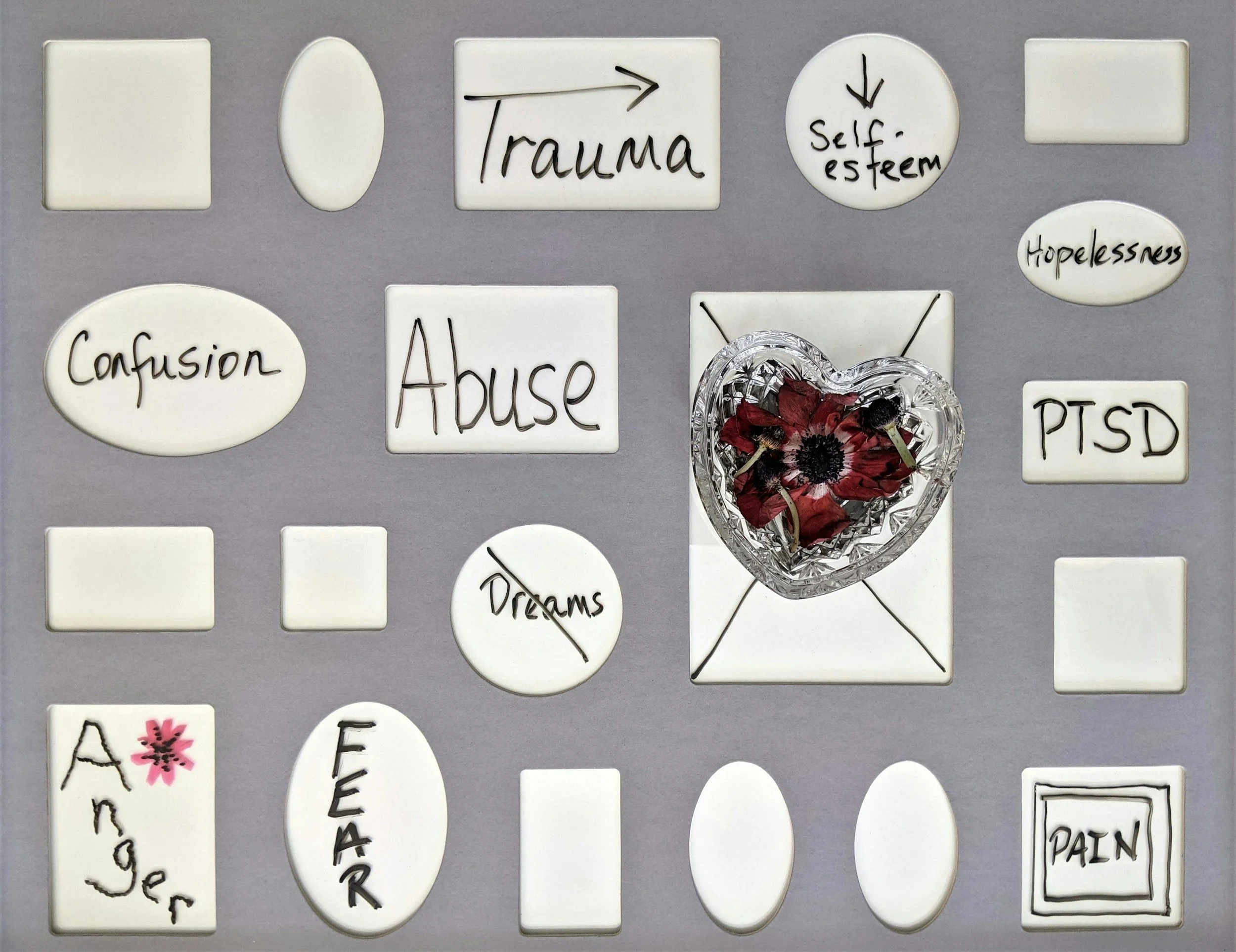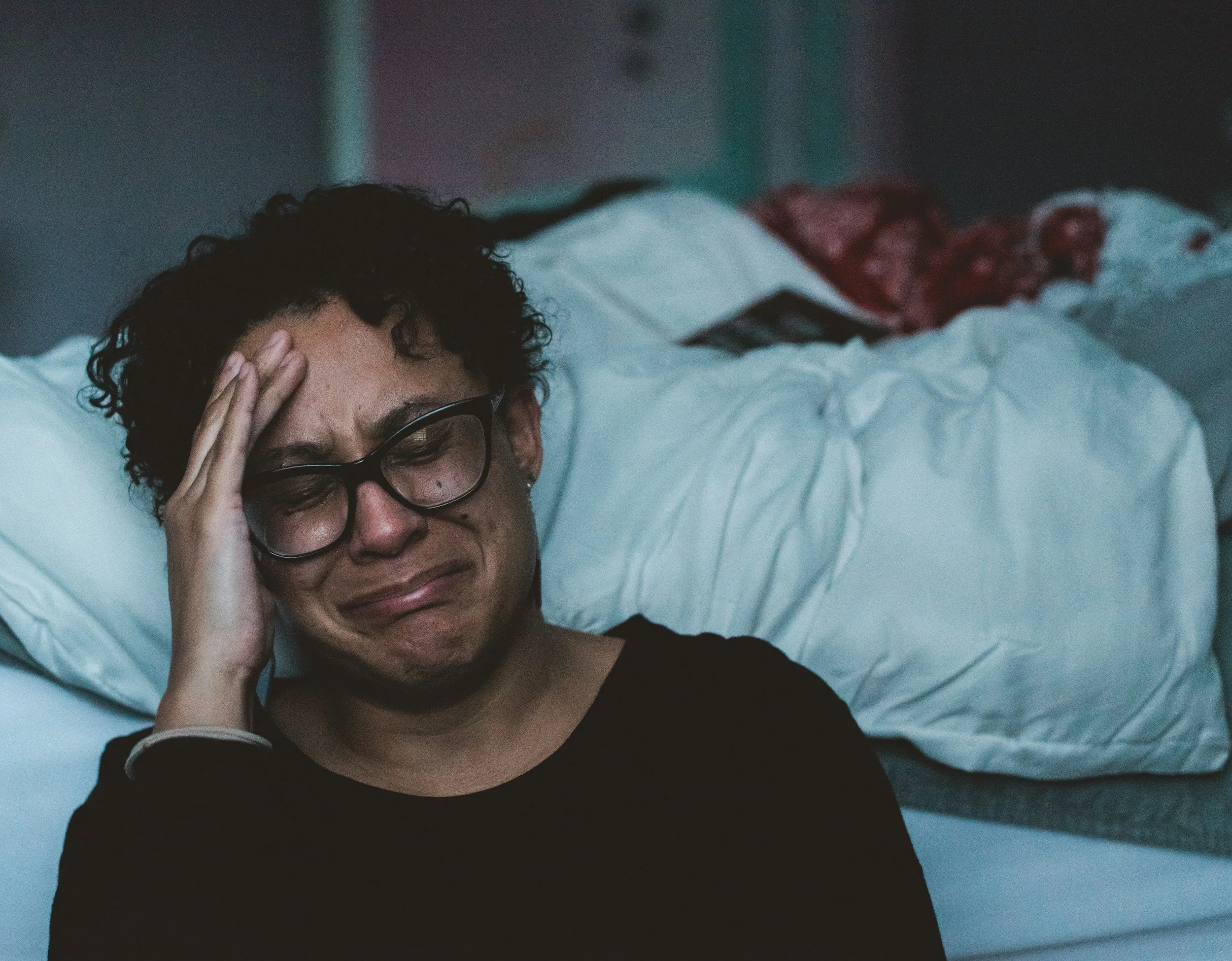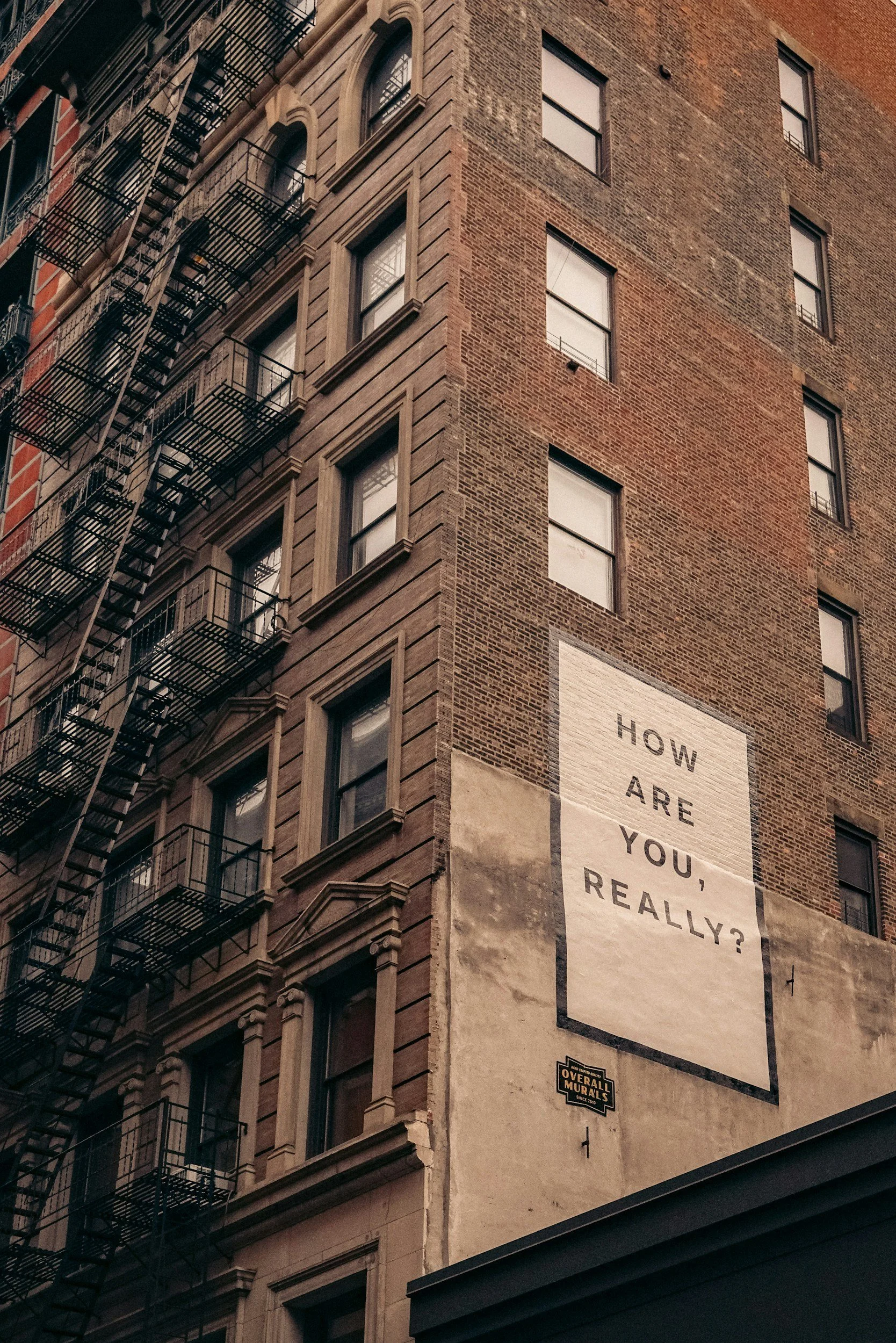Why Trauma-Informed Care Matters in Community-Based Brain Injury Services.
Trauma-informed care is critical in Connecticut’s community-based brain injury services. Learn what ABI survivors and families should ask when choosing a provider.
New Research Shows Hidden Brain Injury Crisis in Domestic Violence Survivors.
New research reveals how repeated concussion and strangulation in domestic violence can cause lasting brain injury. Learn what this means for survivors.
The Impact of the Holidays on Individuals Living With Brain Injury — and How to Navigate the Season With Support
Holiday Stress and Brain Injury: How to Navigate the Season With Support
The holiday season can be especially challenging for individuals living with brain injury. Increased social demands, sensory overload, fatigue, and emotional stress can intensify symptoms and make traditional celebrations overwhelming. This article explores the impact of the holidays on brain injury survivors and offers practical strategies to reduce stress, maintain routine, and prioritize well-being. Learn how person-centered, community-based brain injury support services can help individuals and families navigate the season with confidence, compassion, and meaningful connection.
When Families Aren’t Prepared: The Hidden Consequences of Inadequate Education After a Brain Injury.
When a loved one sustains an acquired brain injury (ABI), life changes instantly—and permanently. Yet despite the profound cognitive, behavioral, medical, and emotional needs that follow a brain injury, families are often discharged from hospitals or inpatient rehabilitation with minimal education, limited preparation, and an overwhelming expectation to “figure it out” at home.
As Connecticut’s largest provider of community-based ABI Waiver services, we at The Supported Living Group see the consequences of this systemic gap every day. Families who desperately want to support their loved one simply haven’t been given the information, training, or guidance they need. And the impact—on safety, stability, finances, and long-term outcomes—is significant.
How the SNAP “Freeze” Could Impact Brain Injury Survivors and How SLG Can Help
A SNAP benefits freeze threatens food security for millions — including brain injury survivors who rely on stable nutrition for recovery. Learn the likely impacts, policy context, and how The Supported Living Group’s non-medical supports can help families bridge gaps. Keywords: SNAP freeze, SNAP benefits 2025, food insecurity, brain injury survivors, nutritional support, The Supported Living Group.
What Mental Health Day 2025 Should Mean for Brain Injury Survivors
his World Mental Health Day, let’s talk about the survivors we often forget — those living with brain injury.
Brain injury survivors face unique emotional and psychological challenges that typical mental health systems often overlook. From depression and anxiety to identity loss and social isolation, recovery requires more than rehabilitation — it requires compassion, understanding, and trauma-informed mental health care.
Read our latest blog to explore why Mental Health Day 2025 must include brain injury survivors, the systemic barriers they face, and how Connecticut can lead the way toward truly integrated, person-centered support.
Understanding the Connecticut ABI Waiver: A Pathway to Community-Based Brain Injury Support
Learn how Connecticut’s ABI Waiver helps brain injury survivors live independently. Discover eligibility, services, and how SLG can help you apply.
Addressing the Silent Crisis: Brain Injury and Veteran Suicide
Veterans, Brain Injury, and Suicide: Why Connecticut Must Act
Brain injuries among veterans aren’t just physical—they can profoundly affect mental health, increasing the risk of suicide. Recent studies show post-9/11 veterans with traumatic brain injuries are far more likely to die by suicide than their peers. In Connecticut, organizations like the Supported Living Group (SLG) are providing person-centered care, helping veterans rebuild their lives with tailored support and rehabilitation.
Discover how CT communities can support veterans with brain injuries, the latest research on suicide prevention, and actionable steps to make a real difference.
Read the full post to learn more.
Breaking Down Barriers: Supporting ABI Survivors Experiencing Homelessness
Living with a brain injury is challenging enough, but when combined with homelessness, mental health struggles, or substance use, the barriers to recovery can feel overwhelming. A new study reveals how stigma, fragmented systems, and lack of supportive housing impact brain injury survivors, and what community-based solutions can make a difference. Discover the latest insights on brain injury, homelessness, and recovery, and why rethinking support systems is essential for long-term healing.
Rebuilding Self-Esteem After Brain Injury: Why It Matters and How to Do It Well.
Rebuilding self-esteem after a brain injury is essential for emotional recovery, independence, and long-term quality of life. Brain injury survivors often face loss of identity, confidence, and purpose—but with the right support, these can be restored. Discover expert strategies from The Supported Living Group on helping survivors rebuild confidence, find new purpose, and re-engage in meaningful roles through creative therapies, community integration, and strengths-based rehabilitation.
Why Sleep Matters After Brain Injury: Reducing Seizure Risk & Promoting Recovery
Poor sleep following a brain injury may significantly increase the risk of seizures and epilepsy. Learn how emerging research, including a new FIU study, is connecting sleep disturbances with long-term neurological outcomes—and discover practical strategies to support recovery through improved sleep health.
Healing the Hidden Wounds: Counseling Options for Brain Injury Survivors Living with Complex Trauma
Brain injury survivors often face emotional trauma in addition to physical challenges. Discover therapeutic interventions—including EMDR, CBT, and mindfulness—that support recovery, identity rebuilding, and trauma healing.
Life After Brain Injury: What Connecticut Families Need to Know About the ABI Waiver
Learn what Connecticut families need to know about life after brain injury and how to access support through the ABI Waiver. The Supported Living Group is here to help.
Beyond the Myths: What You Really Need to Know About Concussions.
Concussions are more common than many people realize—but real information about them is often clouded by myths and media portrayals. At The Supported Living Group, we understand the unique challenges people face when recovering from a traumatic brain injury (TBI), whether caused by a fall, car accident, or other everyday event. Our specialized services, including the Connecticut ABI Waiver program and private pay brain injury supports, are designed to meet individuals exactly where they are in their healing journey.
The Healing Power of Nature: How Outdoor Environments Support Brain Injury Recovery in Connecticut
In Connecticut and across the nation, brain injury rehabilitation programs are continuously evolving to embrace more holistic, evidence-based approaches. One increasingly powerful—but often underutilized—tool in the recovery toolbox is nature itself. At The Supported Living Group (SLG), we’re integrating the proven benefits of nature exposure into our brain injury programming to support healing in mind, body, and spirit.
Navigating the Legal System with a Brain Injury: Challenges and the Need for Change
Brain injury survivors often face a hidden battle — not just in their recovery, but in how they are treated by the legal system.
When a brain injury is an invisible disability, survivors navigating court proceedings often encounter misunderstanding, misjudgment, and a lack of necessary accommodations.
At The Supported Living Group, we believe that recognizing and addressing the unique legal challenges faced by individuals with brain injuries is critical for promoting fairness, dignity, and true access to justice.
How to Choose the Right Brain Injury Support Agency in Connecticut: Questions to Ask and Red Flags to Avoid
Choosing a brain injury support agency is one of the most important decisions a survivor and their family can make. Whether you’re new to the Connecticut ABI Waiver or exploring a change in providers, the quality and fit of your support team can dramatically impact your recovery, independence, and quality of life.
While the conflict-free referral process aims to reduce bias in provider selection, it’s far from perfect. Survivors and families must take initiative to interview providers, visit programs, and ask the right questions to ensure the best match.
Protecting Those Who Protect Us: Addressing Traumatic Brain Injury Risks Among Police Officers
Police officers face heightened risks of traumatic brain injuries (TBIs), leading to complex PTSD and other mental health challenges. Discover how The Supported Living Group (SLG) in Connecticut offers specialized support for officers and first responders affected by TBIs.
Is the Risk of Brain Injury from Contact Sports Overstated? What Connecticut Families Need to Know
The discussion around brain injuries in contact sports has become increasingly prevalent, with growing concerns about the long-term effects of concussions and repetitive head trauma. However, recent research suggests that media coverage may sometimes exaggerate these risks, leading to heightened public anxiety.
The Unseen Crisis: Limited ABI Waiver Slots and Their Impact on Brain Injury Survivors.
The human capacity for resilience is extraordinary, but when it comes to recovering from a brain injury, the journey can often seem insurmountable. For survivors, the road to independence and reintegration into society requires not only personal determination but also adequate systemic support. In the United States, one of the most vital lifelines for survivors of acquired brain injuries (ABI) is the Medicaid ABI Waiver program. However, a severe shortage of available waiver slots across the country, including Connecticut, has created a crisis for brain injury survivors and their families—a crisis that warrants urgent attention.




















